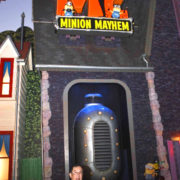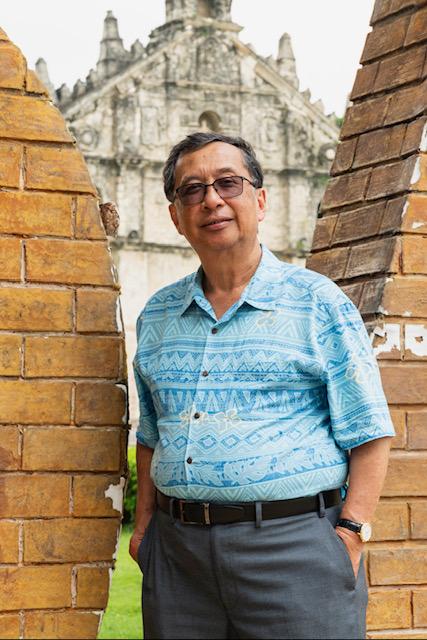Status quo is the Latin phrase meaning the existing state of affairs. In the world of business, there are many sayings and clichés. Go to any business related website you will surely find articles with headline titles as, “Is the status quo hurting your business?” Or, “Why keeping the status quo is beneficial in marketing.” For the business strategist, they will tell you that “When the industry and your competitors are zigging, then you must zag.” And that moving in a straight line will take you and lead you to nowhere. You can see this when a company rebrands their logo, changes their website, company slogan, diversifies into new markets, industries, products, and services—you name it. However and perhaps, these same concepts can also be used for governmental policies and procedures.
In the Presidential election cycle which I have keenly observed both in the Philippines and the United States, you often hear the words change—that the general direction which society is moving toward needs to either change or remain the same. The concepts and policies for what needs to actually change however is subjective and whether or not society is actually progressing or regressing depends on what your personal life is like and how they affect you, your family, your work, and friends.
In the United States, you have two very polarizing candidates who are neck and neck in the race to be the next President. With the new President, nearly half of the American population will be stuck with a leader that they do not like. This is simply the fact of democracy—can’t make everybody happy, but the majority rules.
In the Philippines, President Duterte won nearly 40% of the vote against 5 candidates. Leading up to his election, he campaigned on the platform that he was going to change many, many things—that keeping the status quo for the Filipino people and the country jeopardizes the very existence of our great nation—and the majority of Filipino voters agreed. Now that President Duterte is in office, he is living up to what he said he would do. People are reacting both positively and negatively both in the Philippines and in the broader international level. Whether it is his war on drugs and the reports of extra-judicial, vigilante killings or the change in relationship with America, Russia, China and the general international community (like the European Union and United Nations), you can’t simply sit back and read the news reports and not feel or think something. Whichever side of the aisle you are on in these hotly contested debates, we can all surely agree that things are really different now—and it hasn’t even been 6 months. I can’t help but wonder what our country will be like in 1 year let alone 6 years because I simply do not know. But I’m looking forward to it.
We all in one way or another either on a weekly or even daily basis think about our own personal status quos—some people even post it on Facebook. Whether it is in our relationships, careers, living conditions, and finances, the status quo directly affects our moods and attitudes. I’ve always been a strong supporter of self-analyzing whatever situation I find myself in. And I hope that you too will do the same because after all, our time here is limited. If you don’t want to move away from your family for a job in the Middle East or USA, then don’t. If you don’t want to do drugs anymore, then don’t. If you’re a criminal, but don’t want to go to jail then change. If you’re not satisfied with your job, then find a new job. We all have a choice, but we all have excuses. Yet, consequentially, not changing the status quo and doing the same mistake over and over and expecting a different result—that’s the true definition of insanity according to Albert Einstein.






